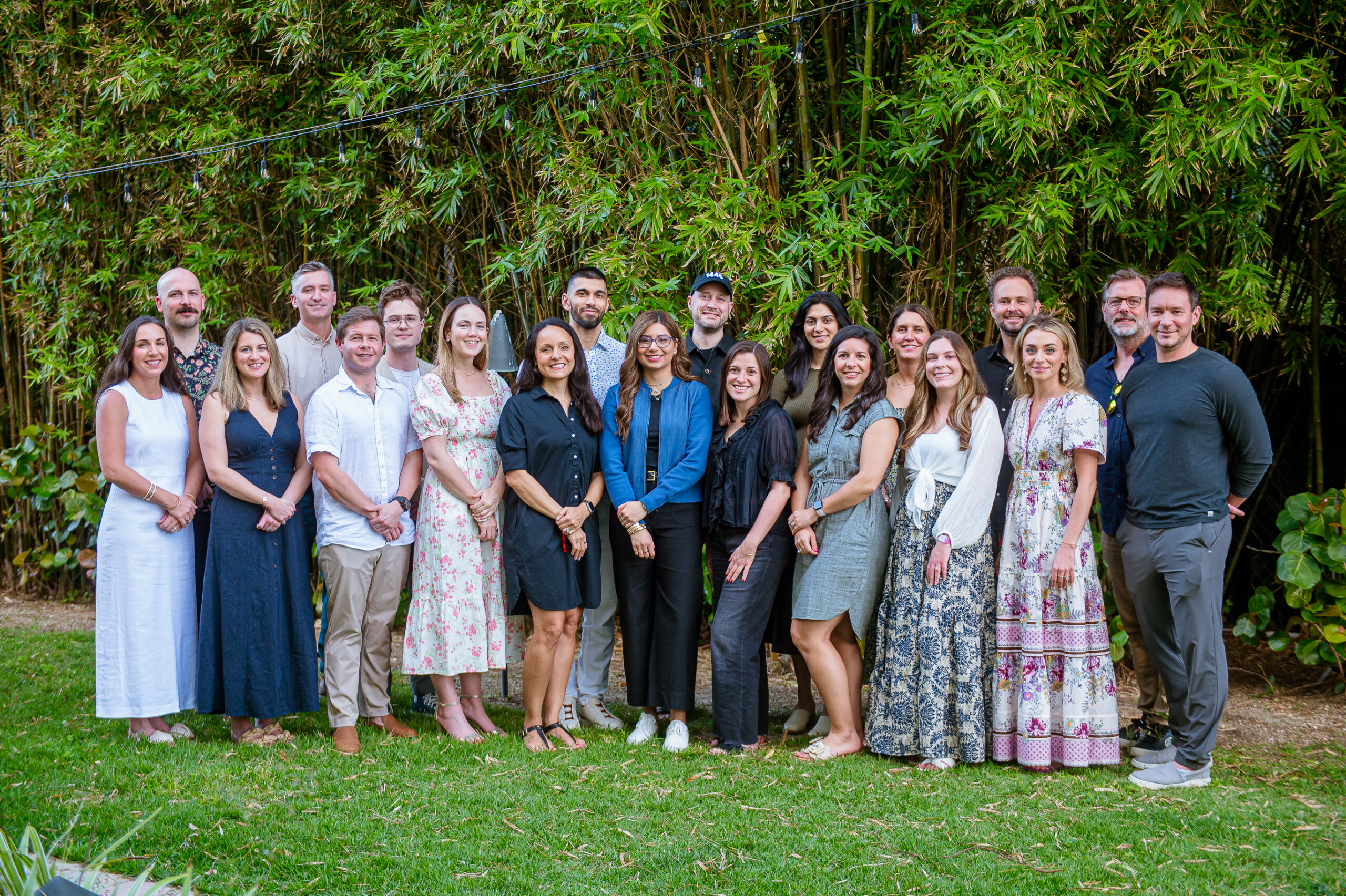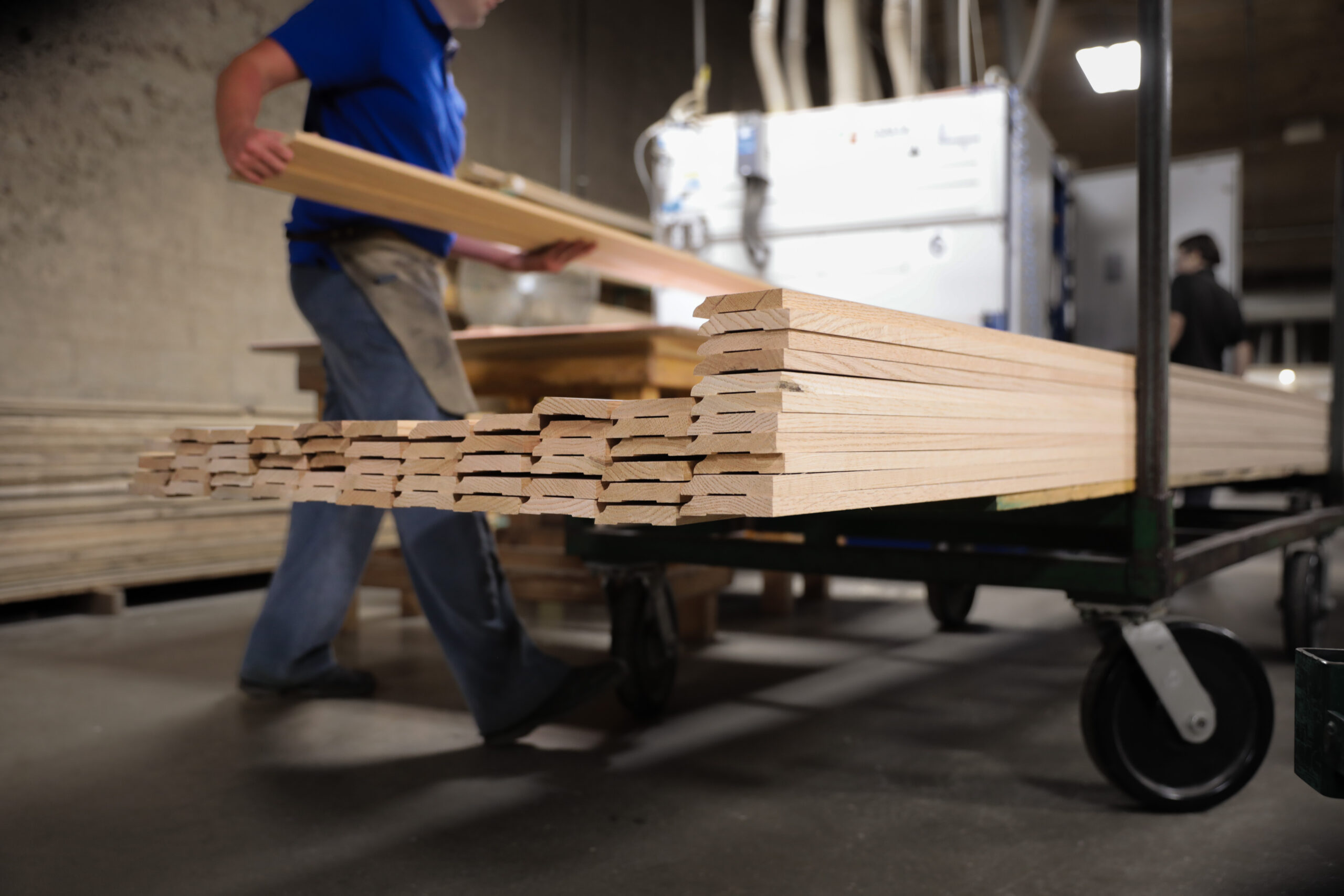
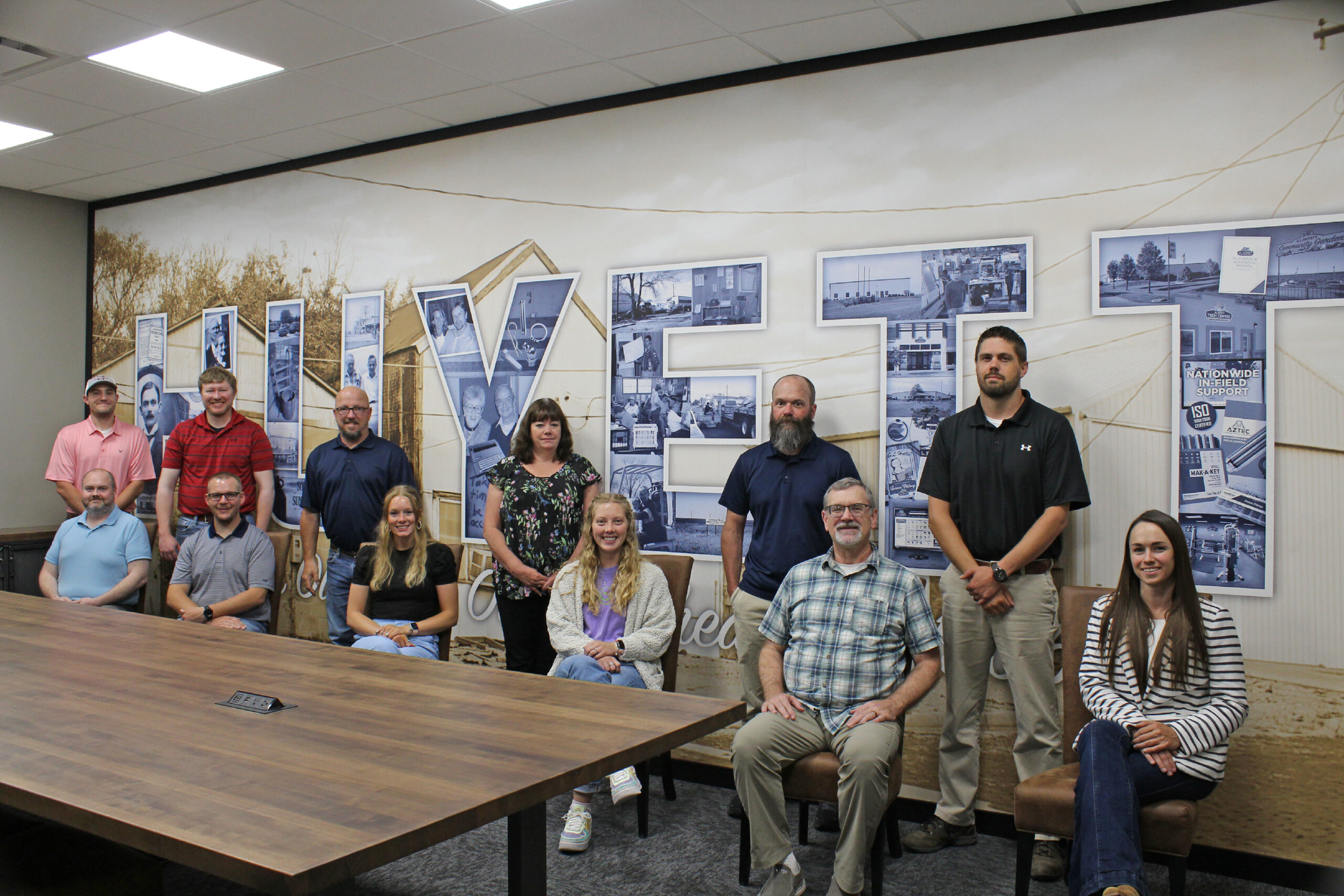
Pragmatic Innovation and Perseverance in Flyover Country
- Timothy O'Keeffe
- Huyett
I live in the “other Minneapolis”- the one in Kansas. I am sure most of you never knew that there is a Minneapolis, Kansas, but there is. As an industrial master distributor and manufacturer of fasteners, being in the “Great American Desert” is sometimes more real than I would wish. With just 2,000 people in our town, at Huyett, we must innovate to find the talent to support our growth.
In 2019, we elected to significantly expand our e-commerce. I was doing some personal recruiting in support of this effort and noted in regional newspaper headlines that Cabela’s – the outdoor retailer – was laying off a significant number of people in Sidney, Nebraska, a town of 6,700 in the panhandle of the state, near Wyoming. I started reaching out to people from Cabela’s via LinkedIn. One such recruit asked me if I was going to the job fair. “What job fair?” I asked.
Two days later, I was standing in the gymnasium of a community center and for five hours I had a line of recruits 40 deep wanting to interview with me. I was blown away. I went back the following three weeks, and the local community college allowed me to use a meeting room to interview people. From that talent pool, I hired a Vice President of Marketing and Technology and a staff of merchants, data analysts, digital marketers, and support personnel. It has been a smashing success. Now our little company out here in flyover country has the talent to build a leading e-commerce experience for industrial distribution.
Because we now had so many team members from Sidney, we decided to open a regional headquarters there last year. Here again, another unexpected opportunity arose; a former JC Penney’s store, the building was being used for meetings and social events by the local American Legion Post, but the Post was losing members. We agreed to buy the building but allow the American Legion to lease the basement for $1.00 per year. Now with some twenty-five employees assigned to the site, with continued prospects for growth, we have helped the community recover some of the lost jobs from Cabela’s downsizing, we revitalized an important building in the downtown, and we have to some extent rescued an American Legion Post. Win-Win-Win.
As part of this journey, we benefited from the mistakes of others. We couldn’t help but pay attention to the factors that had contributed to their distress, and were careful to learn from them. Along the way I learned something besides the power of innovative thinking and the willingness to jump at unexpected opportunities; I learned the value of being Private.
In my interviews of some 200 personnel who had been laid off from the failed Cabela’s, I learned of the risks of a company managed by a revered individual, who through time, moved from pragmatist to patriarch and the entire firm mellowed. Cabela’s went public in 2004 and the focus shifted from long-term to short-term. Layers of management developed, and job titles were inflated to create false career paths not built on increasing levels of contribution, but to justify increases in pay. The dangers of letting ego drive leadership, of greed, and of the subsequent loss of control and culture when a company goes public were crystal clear to me. That is never going to happen at Huyett.
In terms of the ways the culture was eroded, I learned of large pay inequities between men and women. As these management layers increased, silos began to develop. Innovation with the goal of quick growth resulted in short-term success, but eventually the public ownership caught up and all attention shifted to quarterly, financial performance versus Pragmatic Innovation and Paced Growth. I looked carefully at the systems and the pay structures we had built within Huyett and took steps to ensure we were not at risk for any of these problems. Being private, we can stay focused on the long term, stay true to our values, treat (and pay) all of our employees fairly, and innovate with an eye to growth that might not be lightening fast, but that will keep us steadily marching forward.
It’s funny how Pragmatic Innovation works. It is not just innovation; it is Pragmatic Innovation. In matters here, I am not sure if we were just lucky, but we followed our instinct. It seemed logical. It was pragmatic. I have learned that business strategy is sometimes common sense. But along with common sense you must take risks and invest effort.
Thank God I was standing there when these opportunities arose. Maybe I got lucky once, or even twice, but I was careful to digest and learn the lessons from this experience. Next time, when we get an opportunity like this, it will be more than simple good luck that allows us to step in and make a success where a failure once stood.
More Articles and Videos
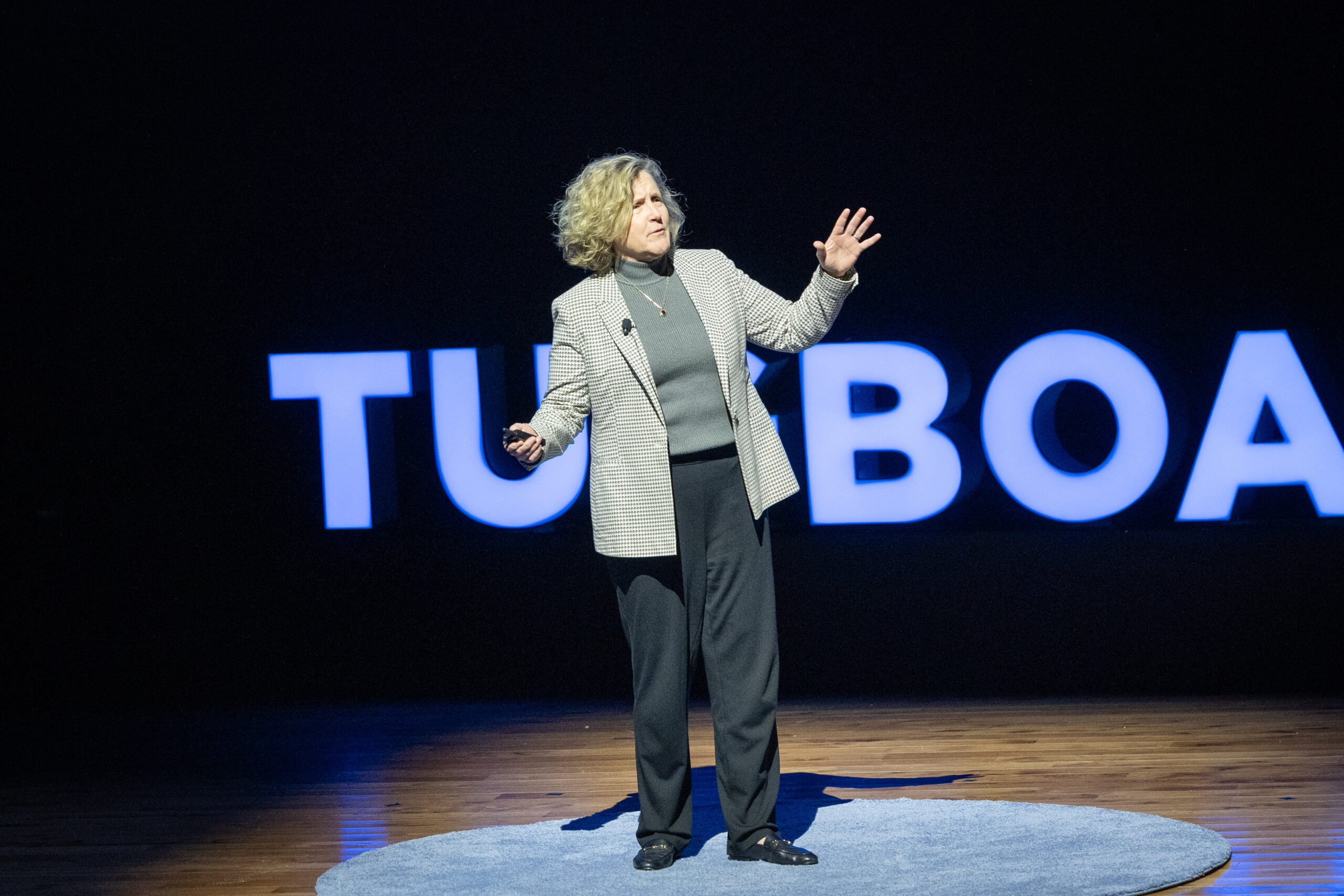
Both/And Thinking: Harnessing the Positive Potential of Tensions
- Marianne Lewis
- Carl L. Linder College of Business, University of Cincinnati
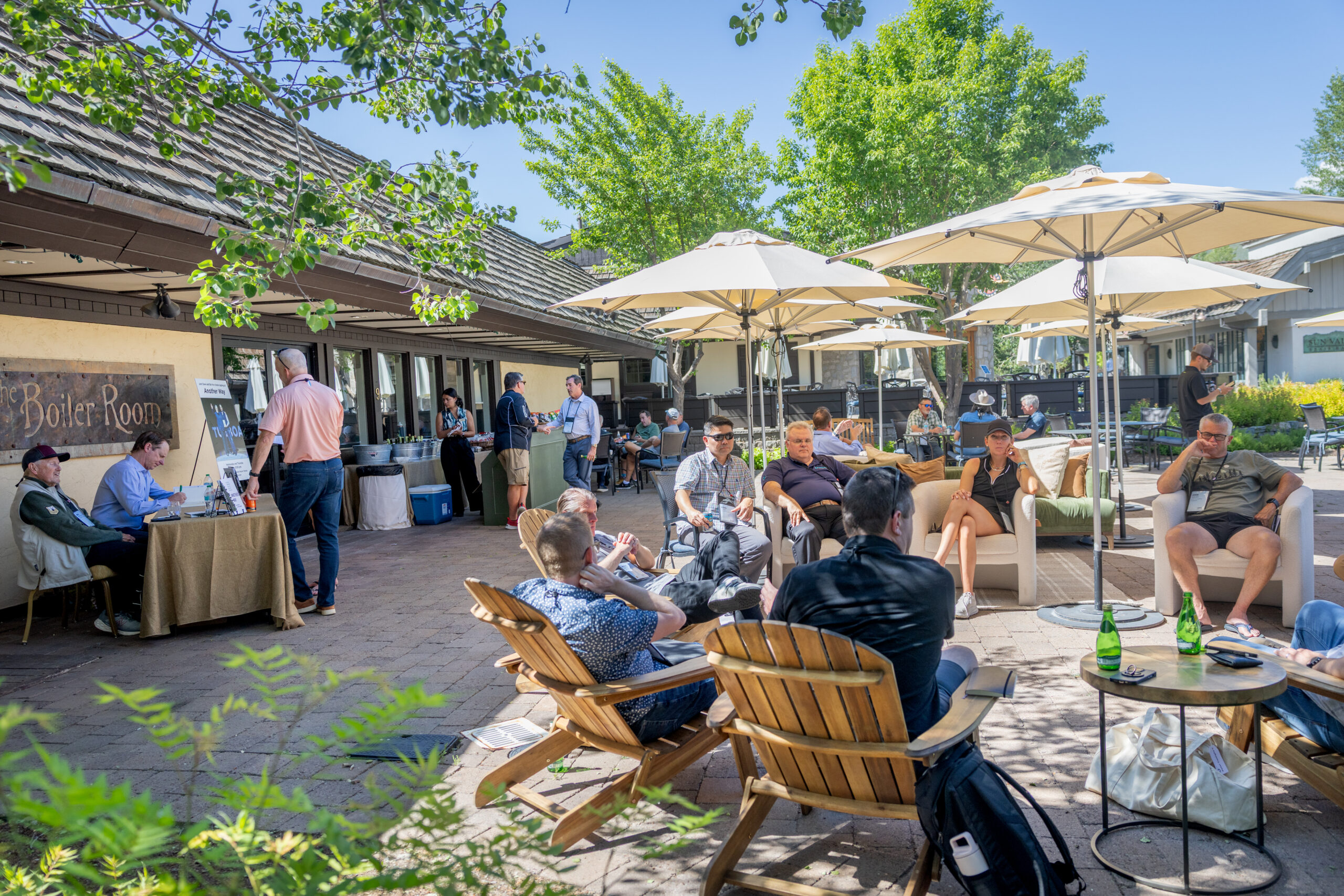
Leading Through Uncertainty – Tugboat Institute® Summit 2025
- Jackie Hawkins
- Tugboat Institute

Get Evergreen insight and wisdom delivered to your inbox every week
By signing up, you understand and agree that we will store, process and manage your personal information according to our Privacy Policy
